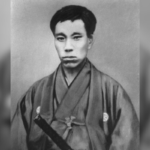
JULY 2022 (VOL.177)
Manue
- Home country/state /city:Moselle, France
- Occupation:Graphic Designer
- Duration of living in Japan:3 years
- Why do you live in Japan?:For my love of Japan, and for work.
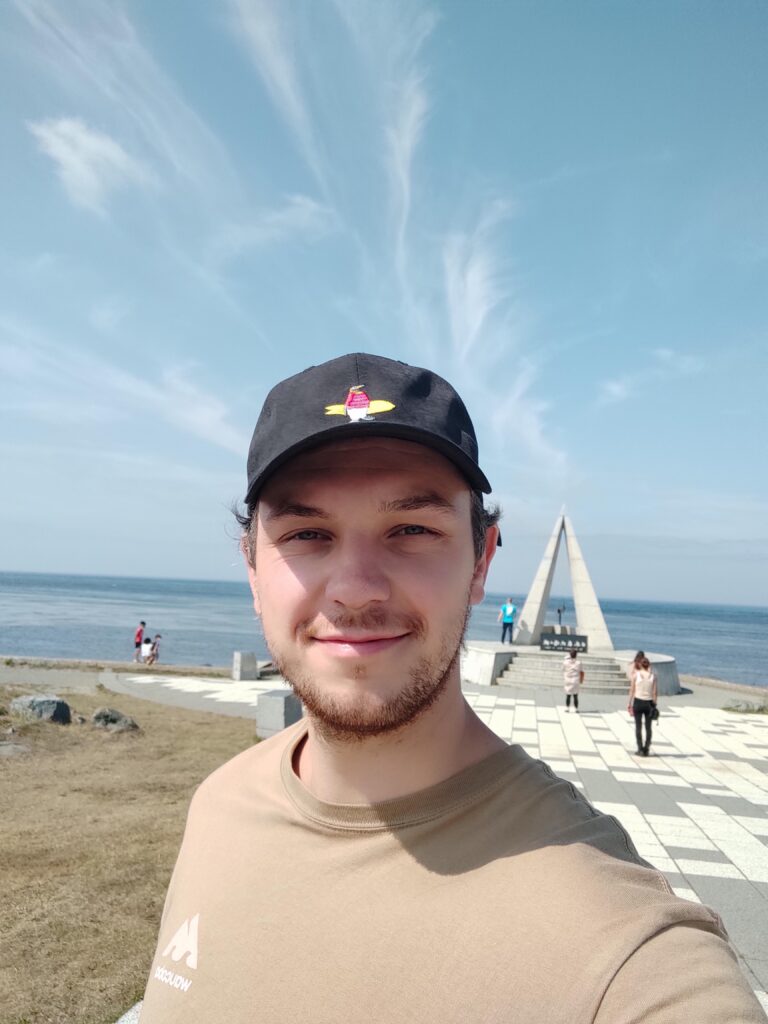
What do you do in Japan?
I’m a visual designer working in the pitch team of a commercial real estate company. It means that anytime there’s an RFP for an asset (e.g. a portfolio of 20 buildings), our company pitches the project to the potential client and our team is in charge of creating all the visual materials.
What do you think about working in Japan?
I really like it. I work in an American company with a nice office with a view of the Imperial Park of Tokyo, and with a lot of flexibility. And as part of the <1% of the foreigners in the company, I feel like I have a lot of freedom compared to my Japanese co-workers.
What is it like being a graphic designer in Japan?
It’s both exciting and challenging. I think the biggest challenge is to understand what the Japanese society likes in terms of graphic elements. If we take web design for example, it’s completely different from what we can find in Western countries. Japan likes to have all the information and all the visual elements on the same screen or page, and leave no room for minimalism or teasing. But once you understand this, it opens a lot of doors and allows you to mix western and Japanese trends into your design.
The other big challenge is Japanese typography: since there are thousands of kanji and almost 100 hiragana and katakana, it’s difficult for designers to design fonts. Creating visual hierarchy can also be tough since there is no bold, italic, or underlined text in Japanese. But it’s an everyday learning process and it even helped me improve my Japanese language level by understanding the language more.
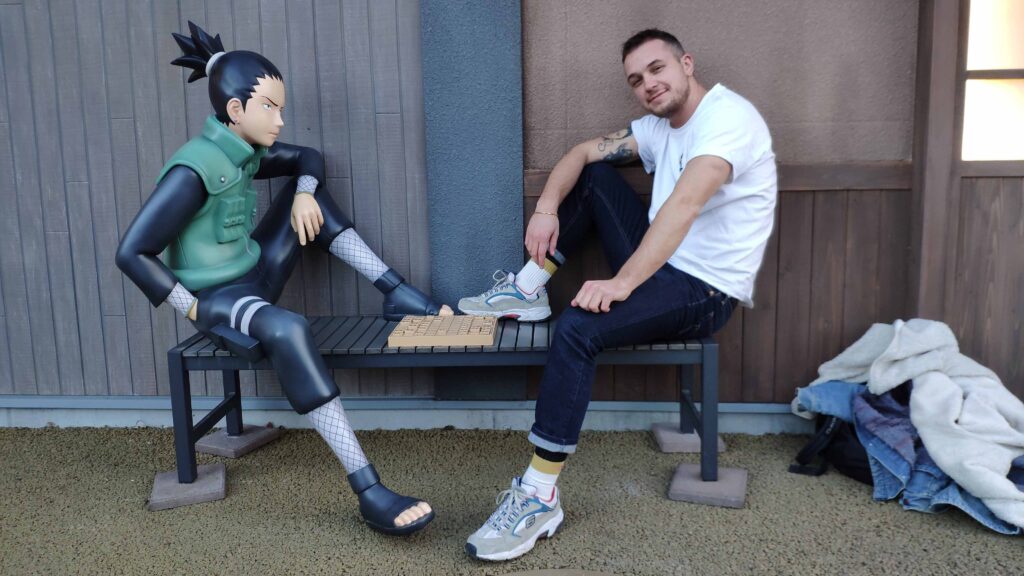
What is the distinctive difference between your country’s and the Japanese lifestyle?
I think it’s our relationship to time and work: I feel that since a lot of Japanese people spend a lot of time at work, they become really stressed, but are still OK to spend 2 hours queuing for a restaurant on the weekend. In France, people really try to finish their job early to enjoy the rest of the day/the week and try to keep a strict border between private and professional time. But on the other hand, I think it’s easier for us to become real friends with colleagues, while in Japan, colleagues would always remain colleagues.
The other difference is the capacity of enjoying the simple things of life. Japanese people are really able to do it, while French people tend to make everything complex.
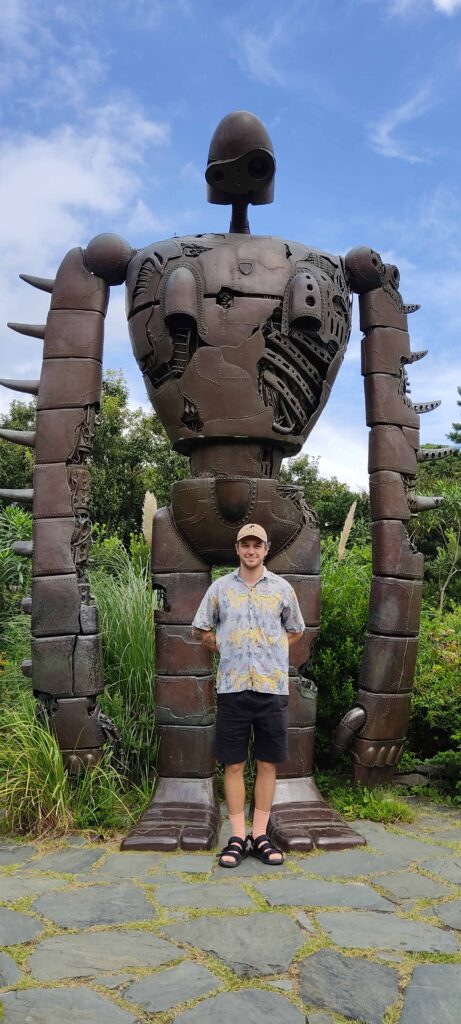
What do you miss about your maternal country living in Japan?
I miss the food, obviously, especially cheese, but what I miss the most is the summer outdoor lifestyle of France: for example, I used to go have a beer outside, on the terrace of a bar after work, until the sun came down at 9pm. This almost doesn’t exist in Japan, and the days are very short, even in the summer.

What do you find different about living in Japan over the term compared to when you first arrived or came as a tourist?
It’s difficult to answer this question because I almost forgot about the first time I came to Japan. The positive thing would be all the habits I now have: the small shops I like, the tiny streets I like to cross, the hidden restaurants that I enjoy.
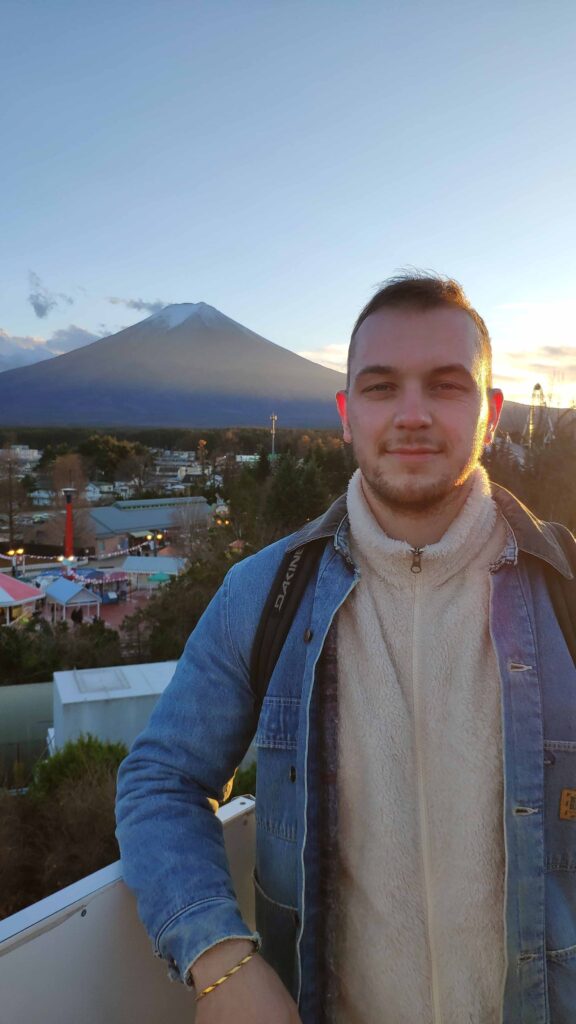
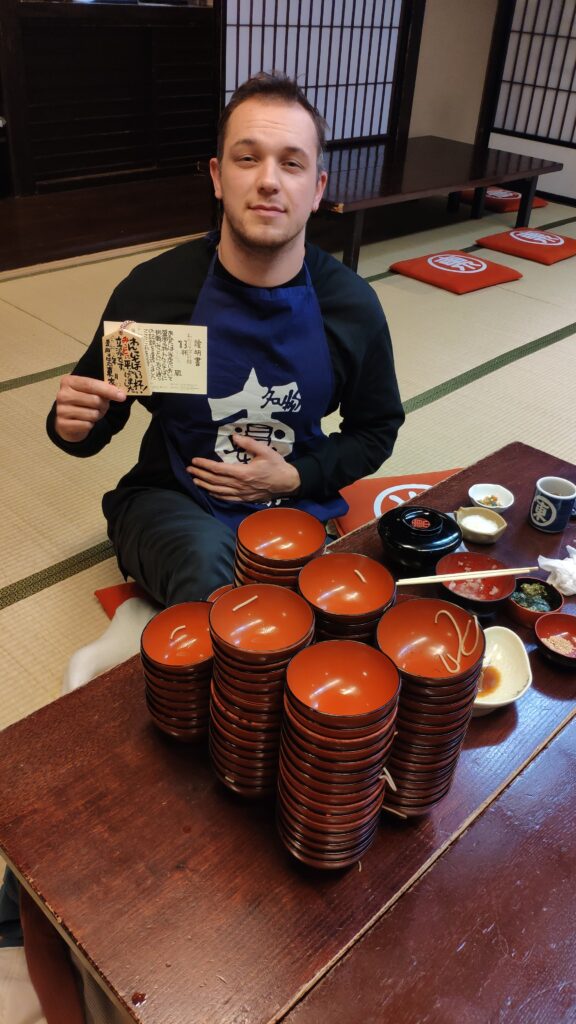
Which places in Japan do you recommend that foreigners see?
Hokkaido, even if, ironically, it doesn’t look like the rest of Japan, and can rather look like Western countries like Canada or the Netherlands. But their nature is so beautiful and the people are so lovely that it would be a shame not to visit. The big temperature gap (30°C (86°F) in Summer, -15°C (5°F) in Winter) offers a variety that cannot be found anywhere else. And this place also has a very interesting history, including the Ainu people, the Russian-Japanese war, and a big partnership with Europe and America.
Are there any aspects of Japanese culture or its people that you find bizarre or unique?
It’s the tendency they have of not sharing about their problems, or not being willing to listen to other people’s personal stories. It makes it difficult to make real connections/real friends.
V


